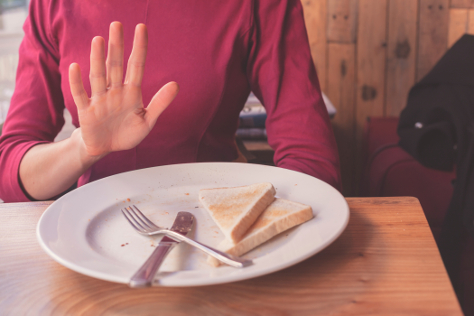Allergies and pregnancy
Here’s what you need to know about allergies and pregnancy

Pregnancy does all sorts of funny things to your body, and if you have allergies, you may find your reactions are different for a while. Thanks to changing levels of hormones, your symptoms may be worse than usual - or (ideally!) a bit easier.
The most important thing is to tell your midwife about allergies when you visit for your booking appointment and make sure it’s recorded in your pregnancy notes. If your symptoms seem any worse, have a chat with your GP.
Reactions to food
If you have a diagnosed food allergy, or you’re restricting your diet because of a food intolerance, you may need to be creative about eating a healthy pregnancy diet. If you’d like help crafting a great new, baby-friendly diet, you can ask to be referred to a dietician. Before changing your diet and if you think you may have a food allergy or intolerance, speak to your health professional. If you have a medically diagnosed food allergy and are concerned that you may not be getting all the nutrients you need during pregnancy, you may be referred to a dietician to help support you in your choice of alternative foods which will provide you with the nutrients you and your baby need.
Take your own food
When it comes to the birth, you may want to take your own food into hospital - at least until the hospital kitchens can accommodate your needs.
Adrenaline devices
If you have an adrenaline device, like Epipen or Anapen for emergencies, chat to your allergist about the best way to use it during pregnancy.
For more advice, visit Allergy UK.